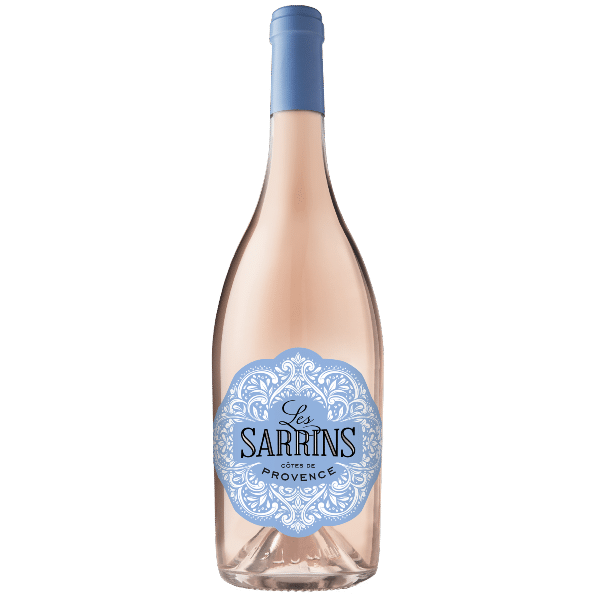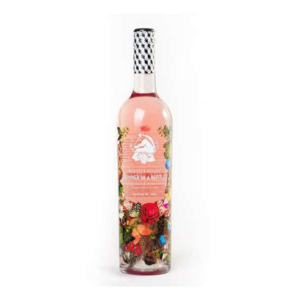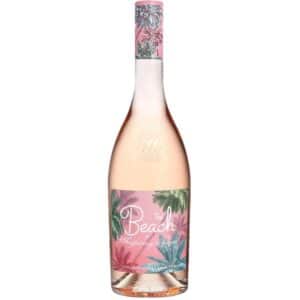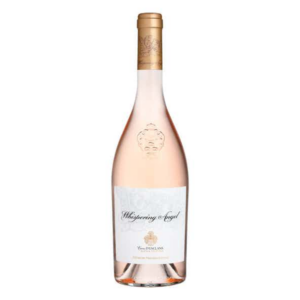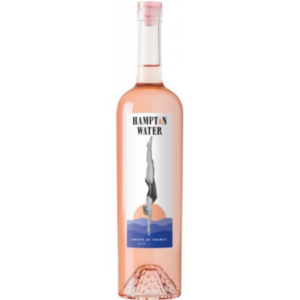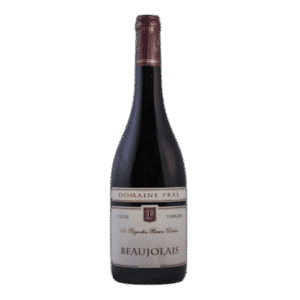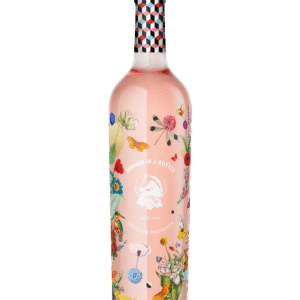2024 Les Sarrins Rosé
-
Tasting Notes
-
Well balanced and expressive bouquets of grapefruit, tangerine, and white fruits, nice roundness on the palate and a clean and long citrus finish.
About Domaine des Sarrins
Domaine des Sarrins derives its name from the word “Saracens”. For centuries, Saracens occupied the Massif des Maures, from which they launched raids into the surrounding region. In the 11th Century, during one of these plunderings, they met with some resistance and a chief Saracen was wounded at Draguignan. Whilst trying to reach the Massif des Maures he died at this place where he owned a small tower. He was said to have been buried in his armour, made of gold. Over the centuries all around this Saracen tower, which subsequently became a country estate, were precious resources and a domaine was established. Many trades were practised here according to the changing cultures, from olive groves to livestock to silk worms and of course …. vines. From the end of the nineteenth century and again from the First World War, the rural exodus considerably weakened the countryside, and the domaine became smaller. In 1995, the Paillard family bought it and by working patiently, over the years, have infused a new sense of life.
-
Tasting Notes
-
Well balanced and expressive bouquets of grapefruit, tangerine, and white fruits, nice roundness on the palate and a clean and long citrus finish.
About Domaine des Sarrins
Domaine des Sarrins derives its name from the word “Saracens”. For centuries, Saracens occupied the Massif des Maures, from which they launched raids into the surrounding region. In the 11th Century, during one of these plunderings, they met with some resistance and a chief Saracen was wounded at Draguignan. Whilst trying to reach the Massif des Maures he died at this place where he owned a small tower. He was said to have been buried in his armour, made of gold. Over the centuries all around this Saracen tower, which subsequently became a country estate, were precious resources and a domaine was established. Many trades were practised here according to the changing cultures, from olive groves to livestock to silk worms and of course …. vines. From the end of the nineteenth century and again from the First World War, the rural exodus considerably weakened the countryside, and the domaine became smaller. In 1995, the Paillard family bought it and by working patiently, over the years, have infused a new sense of life.


